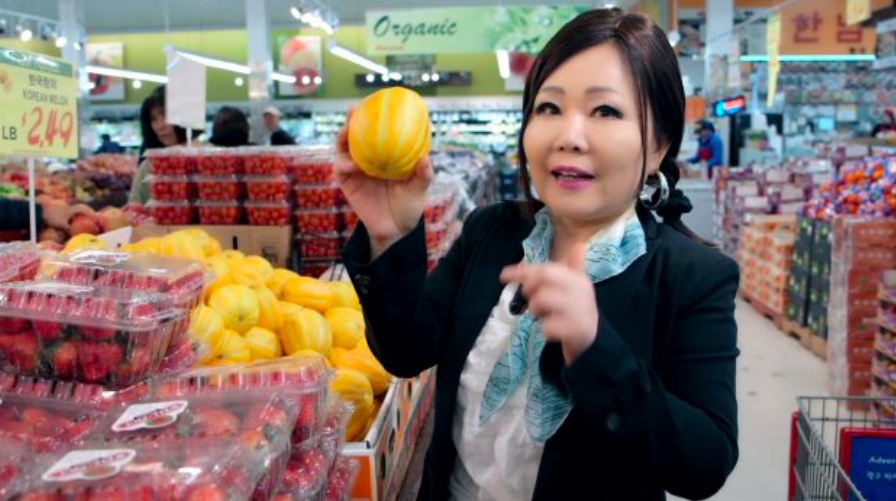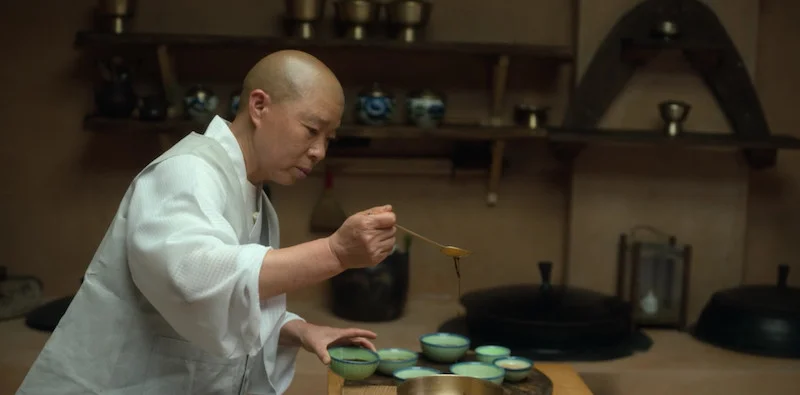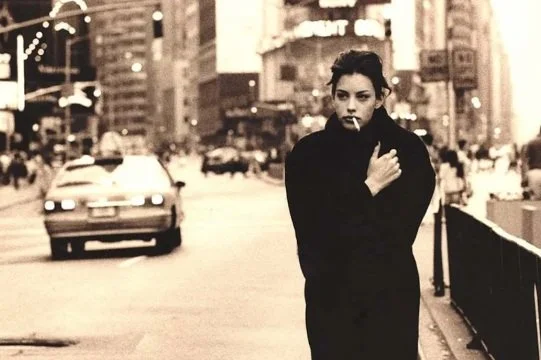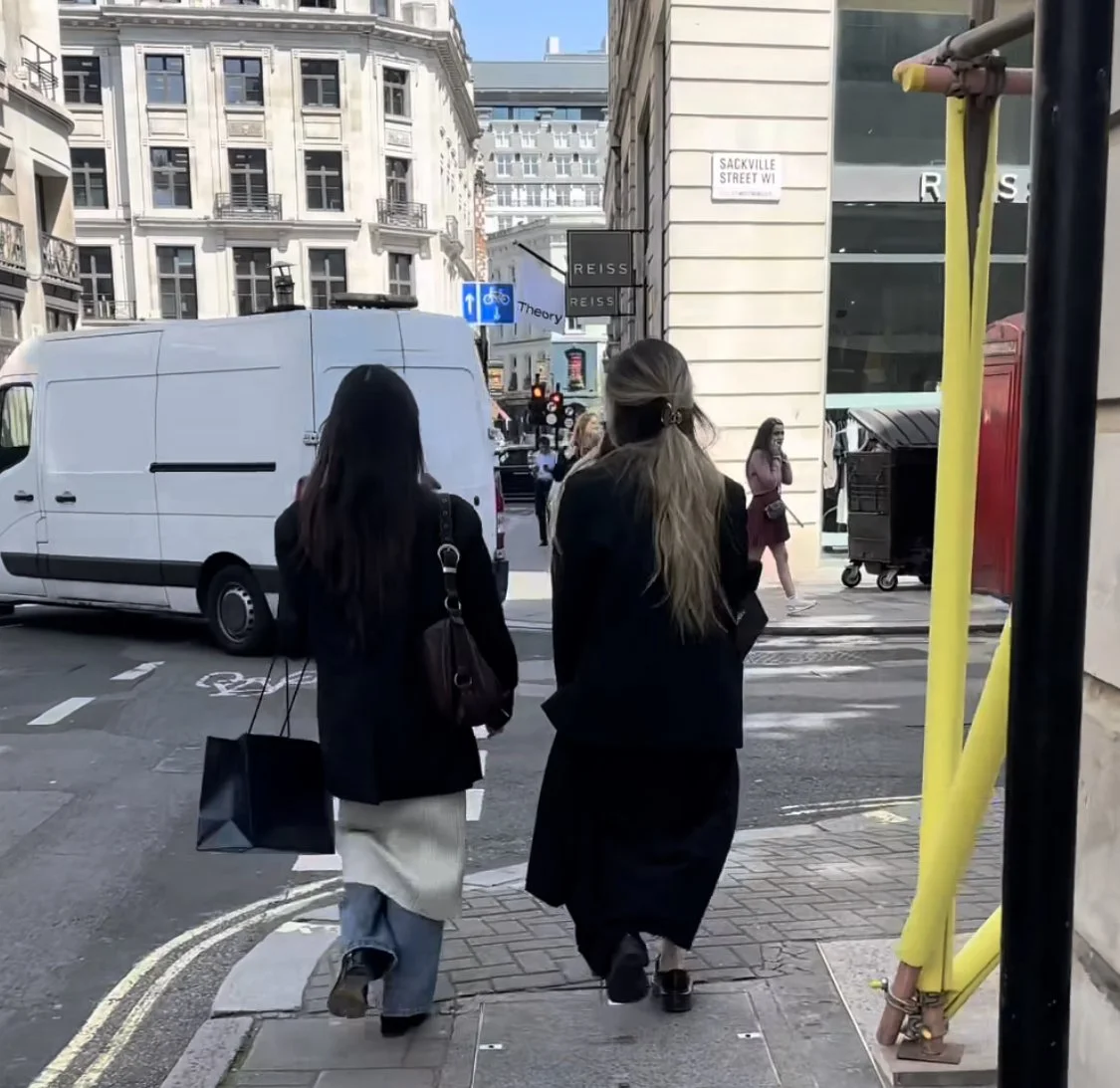Cooking Your Way To Internet Fame
The Cravings is a Korean drama series about a thirty-something girl living in Seoul trying to get over break-up’s through the love of cooking. Available on Netflix.
by Elena Chen
Cooking can empower what may seem a traditional delegation to the domestic sphere into an avenue for artistic expression. In this post, all the chefs featured are incredible in their craft. What differs between them are the idiosyncrasies in personality and what cooking gives them access to. But they are all tied by femininity and their presence in new media. Whilst the internet has allowed us to accomplish much, it is this wealth of perspective that relates most here. Perhaps popularised cooking shows and chefs that take on TV presenter roles suggest a commercialisation of cooking figures that do not successfully remove female chefs from expectations of submission. But the pressure on internet famous chefs is one to diversify and specialise, to provide something idiosyncratically genuine, and thus personifying the chef as a person with character as much as a cook with artistry.
MAANGCHI
Once a “typical housewife in Korea who loves cooking, who cooked for [her] family for years and years”, Maangchi is the username Kim Kwang-sook uses for her YouTube channel. Having learned everything from home cooking, her mother, aunts, grandmothers, relatives and even the marketplace, she is a self-taught chef with no formal training. Her cooking is authentic Korean home cooking, the nourishing hearty recipes that attach to your heart as much as they do to your taste buds. Maangchi’s done it all: teacher, translator, interpreter, cashier. Throughout it, she’s followed her incessant urge to learn about food, especially when she comes across something delectable, and is constantly looking to improve recipes. Food is her passion and somehow, subconsciously, she found a way to make it her life. In Maangchi’s respect for tradition and authenticity, her passion was nurtured. Now, she’s released a cookbook, has close to 3 million subscribers on YouTube, and is no doubt one of the best chefs and teachers on authentic Korean home cooking. Maangchi cares. Her cooking tutorials are easy to follow with great visual instruction. She is a successful businesswoman who built a career out of her hobby. But beyond YouTube, she is an immigrant mother who has made her career speaking in imperfect English to a largely English speaking audience --- an example of how cooking is about the chef and her formidable character.
ph: Tasty.co
RIE McCLENNY
Buzzfeed Tasty Japan’s producer turned supervisor is a chef with great personality. Having worked as chef de partie in two restaurants before Buzzfeed, McClenny’s most recent appearances are in episodes of Buzzfeed’s Worth It series, in the newest season focusing on the Japanese specialities. In a New York Times article reporting on the success of Tasty, McClenny was quoted saying that she likes to “make pretty food” and began the viral trend of using “beauty shots” at the start of Tasty videos. Her proud assertion of aesthetic preference and lack of fear in stating the truth as she sees it make her videos that much more satisfying to watch. She has also participated in various experimental cooking videos, such as Tiny Cooking and “ChefU”. The first has participants cooking food made in (literally) bite-size proportions and the latter challenges two players to a VR cooking game. The comments to the videos that feature her are filled with support and appreciation for McClenny’s aesthetic pursuit and candid personality. The 68k followers she has on instagram stand to attest to the success of how she shares Japanese food culture and her skills as a chef in general. Once a chef de partie, McClenny is now chef, influencer, producer...who knows what awaits this chef.
JEONG KWAN
Featured in the Emmy award-winning Netflix documentary series Chef’s Table, Jeong Kwan is a Zen Buddhist nun living in Korea who cooks to in order to communicate. Her food is vegan and does not involve ingredients such as garlic, onions, scallions, chives, or leeks as their poignant flavours may be disruptive to an inner state of calm. For Kwan, everything embodies meaning. Whilst the depth of her insight and relationship with food is best appreciated through the documentary episode, I would like to place emphasis on one particular dish: the Lotus Tea. Jeff Gordinier, American food writer and critic, spoke in the episode about how the tea was deceptively similar to water but distinctively bore a floral hint. He called it the “Enlightenment Tea”. Captured on camera is the elegant opening of a crisp, faintly yellow lotus flower sitting in a bowl of clear water. The tips of Kwan’s chopsticks uncurl the petals and a flower blooms again. Because of cooking Kwan has travelled the world to spread the philosophy of Buddhism through her food. She brings an element of spirituality to food preparation and appreciation that is potent in its simplicity. The ingredients speak for themselves. Cooking becomes a form of communication and sharing which enables people to experience meditation in a palatable manner.
Femininity expresses itself in many more spaces than the domestic sphere but even so most of the world’s most acknowledged chefs are still men. What these women accomplish through their cooking is a validation for the possibility of cooking belonging to more than just the home kitchen but also to the world. It is emotionality, sensitivity, and at times dogged belief in their calling that food translates so powerfully. In the process of cooking such food, these women become creators, artists, and perhaps even pioneers.











